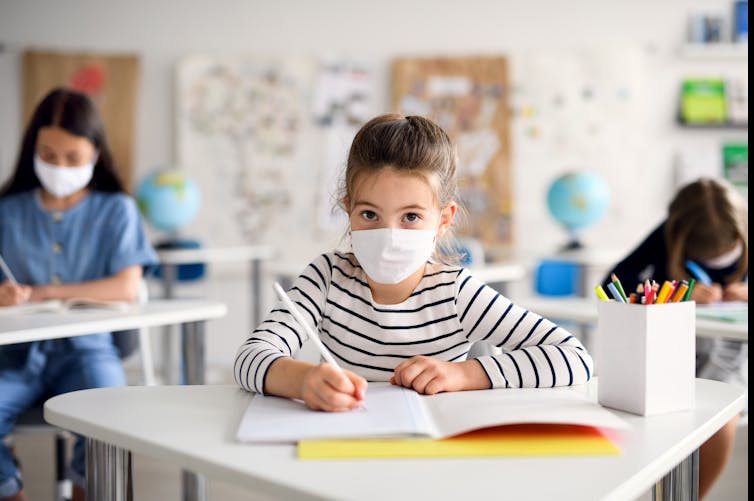New model helps determine who should get a COVID-19 vaccine first
Researchers have developed a new model to help authorities determine which sector of the population should get COVID-19 vaccination first.
If a vaccine becomes available in January 2021 or shortly after, it should be given to people 60 years old and older first, since they have the highest death rate from COVID-19. According to the model, if the vaccine becomes available in the summer of 2021, the priority group changes.


 Mathematical models can help figure out class sizes and configurations to minimize disruptions and school closures.
Mathematical models can help figure out class sizes and configurations to minimize disruptions and school closures.





